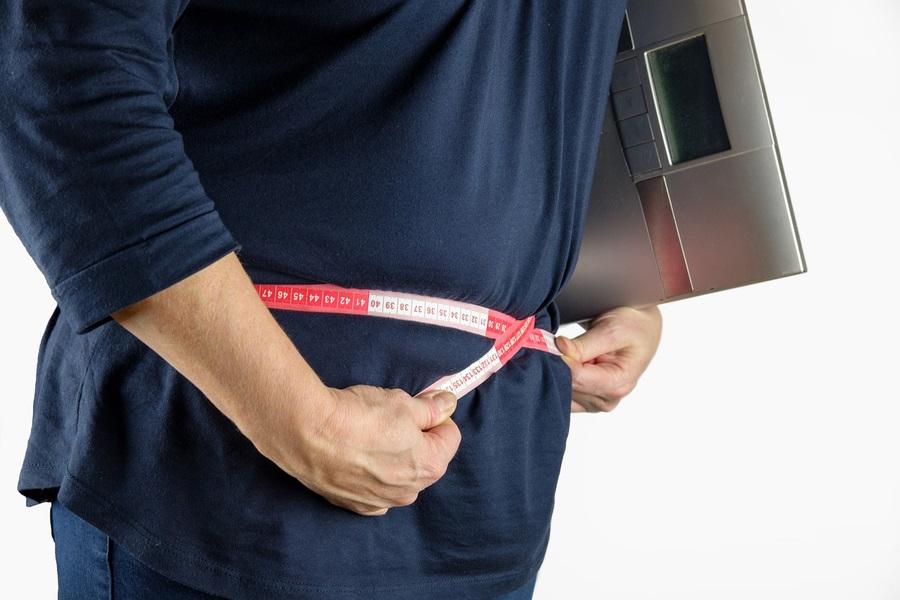Novo Nordisk says oral Wegovy hits weight loss goal

Novo Nordisk has struck back in its growing rivalry with Eli Lilly in the obesity market, with data showing a higher-dose version of its oral version of weight loss drug Wegovy hit the mark in a phase 3 trial.
The OASIS 1 study showed that a once-daily, 50 mg dose of semaglutide achieved weight loss of 15% to 17% over a 68-week period. That is almost exactly in line with the loss reported with Wegovy – given as an injection once a week – in phase 3 trials at the 68-week timepoint.
Novo Nordisk already sells a lower-dose oral formulation of the GLP-1 agonist as Rybelsus for type 2 diabetes, which has been very successful with sales of around $1.7 billion last year, and recently reported data showing the stronger formulation offered greater efficacy as a diabetes treatment.
Approval to treat obesity would unlock even more sales potential, given the enormous success of Wegovy. The injectable has seen demand rocket since approval for obesity that has left Novo Nordisk scrabbling to expand its production capacity. with sales more than tripling to $666 million in the first quarter of the year.
The company said it now expects to file for approval of 50 mg oral semaglutide in obesity later this year, bolstering its franchise at a time when it is facing a doughty challenge from Eli Lilly’s combined GLP-1/GIP agonist Mounjaro (tirzepatide).
OASIS 1 enrolled 667 adults who were either obese or overweight, with one or more comorbidities, such as high blood pressure or elevated cholesterol, who were given either a 50 mg dose of oral semaglutide or placebo.
For the overall treatment group, the mean weight loss from baseline was 15.1% compared to 2.4% with placebo, with nearly nine out of 10 patients on the drug losing at least 5% of their starting weight.
Novo Nordisk’s study also looked at a subgroup of patients who adhered well to the treatment without missing doses, finding that the weight loss in that case rose to 17.1%, compared to 1.8% with placebo, with nearly 90% achieving the 5% loss threshold.
The oral drug has been tipped for blockbuster sales by analysts, who think that taking an oral pill will be preferable for many people struggling with their weight to regular injections.
“The choice between a daily tablet or weekly injection for obesity has the potential to offer patients and healthcare providers the opportunity to choose what best suits individual treatment preferences,” commented Martin Holst Lange, head of development at the Danish drugmaker.
That choice could be a big deal if Mounjaro gets approval in obesity to go along with its green light for type 2 diabetes later this year, which has already pushed the drug to $288 million in sales in the first three months of 2023.
Lilly’s drug looks like it achieves more weight loss in people who are overweight or obese without diabetes, with the SURMOUNT-1 study in this population readout showing up to 22.5% reduction at 72 weeks.
Mounjaro’s early sales trajectory suggests it could make rapid inroads in obesity if approved, but many observers think there will not be a single winner in the category, but rather a big expansion in the market – maybe to $100 billion a year – that will support a range of blockbuster products.
In the oral category Novo Nordisk seems to be well ahead, although Lilly is working on a GLP-1 agonist called orforglipron, which according to Adis Insight started phase 3 testing in obesity last month. And emerging from the shadows recently was Pfizer, which has predicted big things for its programme, with a pair of oral GLP-1 drugs in mid-stage testing. The most promising candidate will advance into phase 3.
Image by Bruno/Germany from Pixabay.













